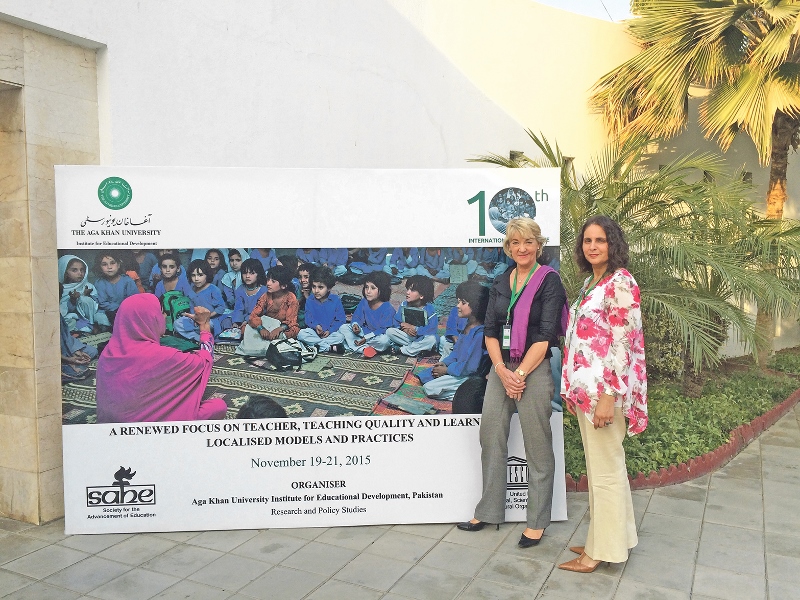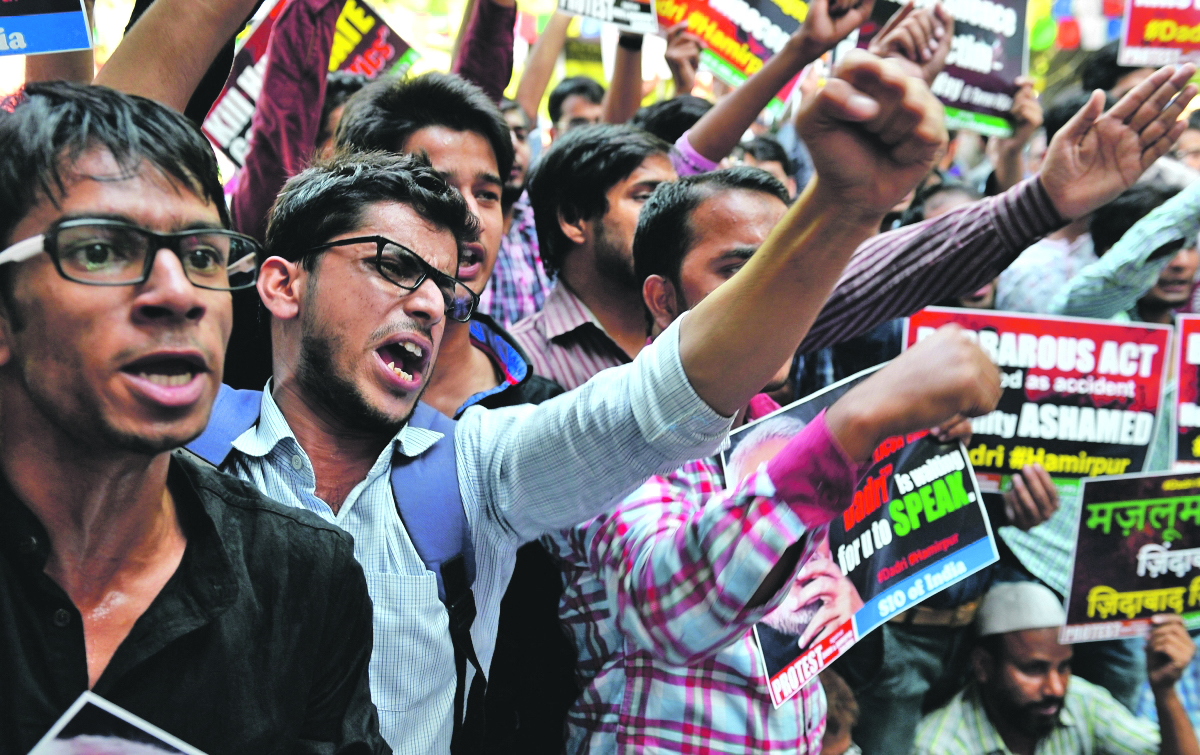
Women in developing countries need access to better sanitary care
It is often the case that women in the developing world do not have access to sanitary products. Manjit Gill, a British Indian woman, wants to change that.
Manjit has mentored in Nairobi with the Cherie Blair Foundation in 2013, which led her to look at her own life experiences and transform the way we think about a woman’s monthly cycle.
In 2015, Manjit founded a social enterprise called ‘Binti’. It acts as a platform for transforming attitudes and the lives of women and girls in India and Africa.
Binti’s approach is unique. It spreads its message through the power of social media. Rupi Kaur’s ‘Period Stain’ Instagram photo and Kiran Gandhi’s free-flow bleeding marathon exposed the taboos around menstruation in western society, beyond the Indian community from which Manjit comes.
Growing up, Manjit’s experiences are probably all too familiar for British Asian women. The experiences she documented included: sanitary products and underwear being kept hidden, restrictions around food during menstruation and attending religious functions.
One of the elephants in the room when it came to discussing the topic is its connection to sex, shame and honour – particularly, fear of men being disgusted at the concept of menstruation. Binti’s aim is to break down society’s moulds and celebrate female autonomy.
Manjit has to be tactful. She builds on solidarity with British women who also face similar hurdles, building on menstrual cultural similarities and turning them into a positive force for change.

Her work in India treads carefully and adopts an inclusive approach that educates girls and boys about what menstruation is, while economically empowering local women to produce eco-friendly sanitary pads.
She wants to help future generations through raising awareness; educating both young and old and making people feel economically empowered.
On her most recent trip to India, Manjit met women and girls who had to use spare cleaning cloths as sanitary products and bleeding freely when there wasn’t any clean cloth available.
The lack of tampons or sanitary pads that people take for granted meant that they had to change their clothes several times throughout the day.
India accounts for 23 per cent of the world’s cervical cancer rate due to poor menstrual hygiene. Girls sometimes don’t know the reason why they menstruate or do not believe some of the most basic scientific explanations, which are told to them only after they have begun their first period. This, in turn, causes the girls to go through great emotional and mental trauma.
To start the cycle of dignity during menstruation, Binti began to expand by hiring 15 local women in Gurgaon to produce eco-friendly sanitary pads to sell in the local community.
Binti continues to interview young girls about their personal menstruation experiences, working with schools and women to educate and challenge attitudes.
Nearly a quarter of school-age girls drop out of education after they begin menstruating. It is Binti’s education programme which uses a variety of tools that engage with girls and boys – understanding the biological, physical and spiritual aspects of menstruation – while also focuses on smashing taboos and shame.
Binti’s message is a universal one that resonates, and has a mission that you can be a part of. For more information, visit www.binti.co.uk














